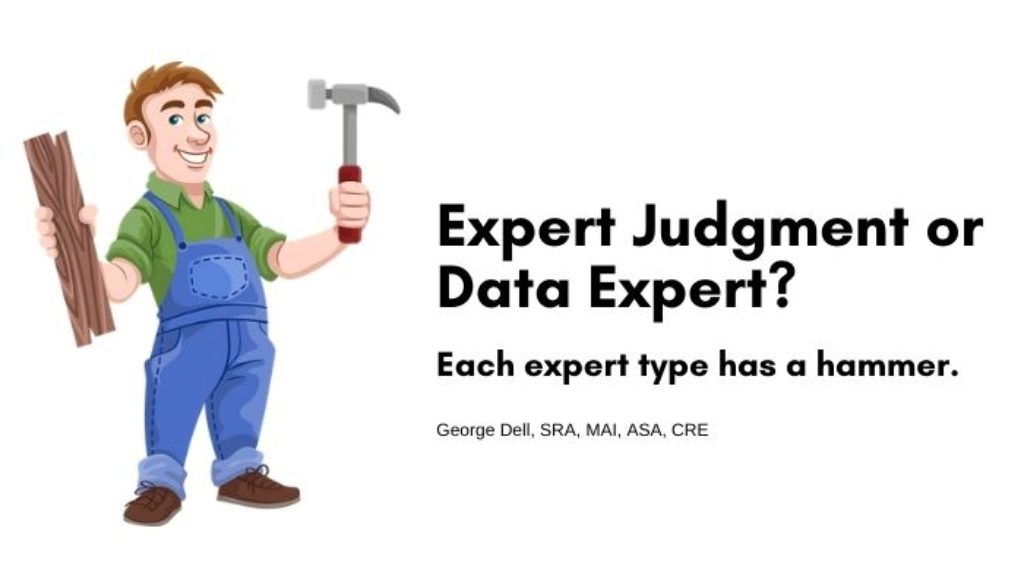No computer can replace my expert judgment and experience! We’ve heard words like this. And there is a contingent of “quants” who rely on a high level of competence in quantitative methods, which may include statistics, machine learning, and artificial intelligence. Each expert type has a hammer. And each is right in their own way. So what’s the problem?
The problem is that most of us snicker at each camp – in our own world of specific competence and beliefs. So, which wins? Good judgment, or data first?
This “polarizing,” one-way-or-the-other thinking is the very problem itself. The ‘quants’ people look down on the good-judgment type people. The experts look down on the data people. Each sees the other as lacking in common sense and the ability to see the obvious virtues of their way of looking at things. Both are right.
It is much easier to feel good about yourself when you look at what you are good at. It is easier to reinforce prior attitudes and beliefs. Each tends to surround with people who agree. The quants work with and have quant friends. The expert-judgment people have risen high on the ladder of competence and respect with peers.
How could a quant-person possibly see that expert judgment might be better than what they do? How could the experienced appraiser, reviewer, or regulator possibly see how mere numbers could replace their solid qualifications?
It gets worse. Another large established ingrained body of knowledge plays in. Statistics. This is the third leg of a wobbly triangle.
The quants are taught that statistics “the study of data” is necessary. The expert educators also know that “statistics” is becoming important in a world of data-a-plenty. What’s the problem? The problem is that each camp – the quants and the experts – took statistics classes. They were taught that “there are two types of statistics – descriptive statistics, and inferential statistics.” This repeated untruth is one of the two conflicting problems.
Descriptive statistics describe any data set: mean, median, standard deviation, range – simple stuff. Inferential statistics help solve unavailable data – take a random sample to describe the population.
This is the third leg of the weak triangle. Force-fitting random sample statistics, and their measures (such as p-values and 5% confidence intervals) on a problem that does not require random sampling!
The quants have the data. No need to take random samples.
The experts have their five comps. No need for random samples.
So what is the issue? The issue is that quants have judgment, and experts use data. Is it possible that the best solution will use the best of each? Stay tuned as we explore the first date between human judgment and computer algorithms. We will consider the two basic economic approaches (heuristic and empirical) as they apply to Appraisal, Automated Valuation Models, and Evidence Based Valuation.©
